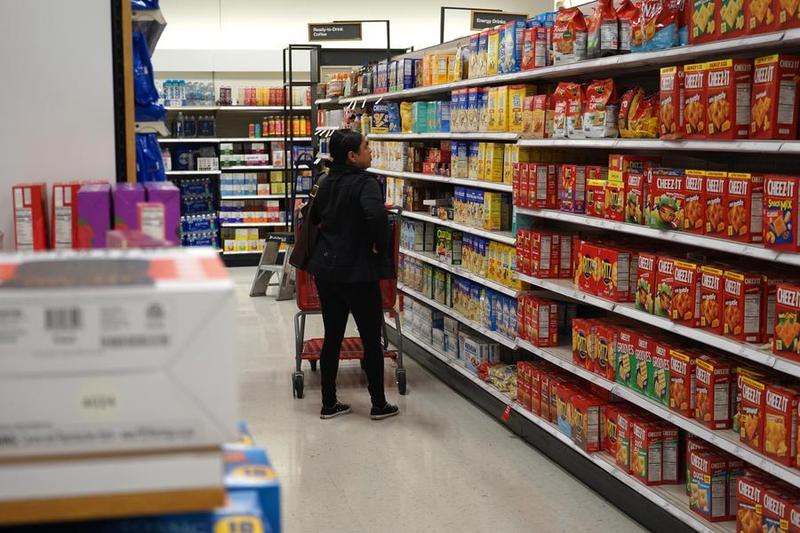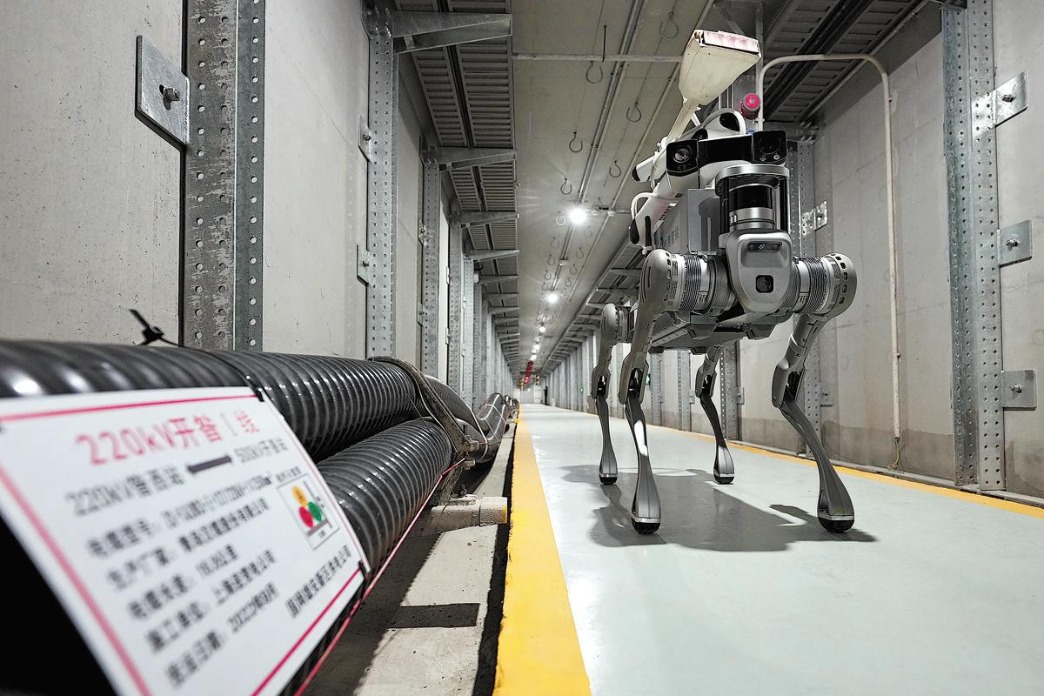Shoppers feel the squeeze as prices rise at retailers
By RENA LI in Los Angeles | China Daily | Updated: 2025-04-02 09:32

For Jenny Yang, a 54-year-old resident of Irvine, California, shopping at Costco is becoming increasingly costly. She used to purchase groceries every two weeks for about $150 — which was sufficient to meet her family's needs for food, beverages and other household essentials.
However, with rising prices, she now finds herself buying only the bare minimum — eggs, vegetables and fruits per trip, spending more than $200 on average to stock up on household items.
"I feel that my wallet is losing value; everything has become so expensive," she told China Daily.
Business experts attribute the surge in prices to rising production costs, supply chain disruptions and the impact of tariffs on imported feed and packaging materials.
Costco CFO Gary Millerchip acknowledged that customers could face higher prices as a result of the tariffs during a December earnings call prior to the implementation of tariffs.
"When it rains, it rains on everybody," Millerchip said. He also noted that Costco would work closely with its vendors to manage the increased costs caused by tariffs.
Major retailers like Costco and Walmart are grappling with the financial strain of increased tariffs. US President Donald Trump's recent decision to raise tariffs has disrupted supply chains, ultimately affecting US consumers.
In response to rising costs, retailers have sought to shift the tariff burden onto their Chinese suppliers, pressuring them to lower prices. Costco has requested price reductions from its suppliers, following a similar move by Walmart, according to the Financial Times.
Walmart, which reduced its reliance on Chinese imports from 80 percent in 2018 to 60 percent in 2023, is now negotiating price cuts with its suppliers on a case-by-case basis.
A Bloomberg report revealed that Walmart has asked some of its Chinese suppliers — particularly those producing clothing and kitchenware — to lower their prices by up to 10 percent per round of tariffs.
"We aim to maintain everyday low prices," CFO John Rainey told CNBC. "There probably will be cases where prices will go up for consumers."
Frustrations voiced
However, those moves have been met with resistance from Chinese manufacturers, many of whom have taken to social media to voice their frustrations. They argue that they have "no room to lower prices in response to US tariffs" and reject the attempt to shift costs onto them.
"The big ones, they have the muscle to do it. What do you do if you're us? You're stuck with no choice," a Costco supplier posted.
As major retailers such as Walmart, Target and Costco intensify pressure on Chinese suppliers to reduce costs, China has begun to voice its discontent.
China's Ministry of Commerce firmly responded to Walmart's demands, noting China should not bear the blame for US tariffs.
"Our relevant departments have reached out to Walmart to further understand the situation, and the company has provided an explanation," said He Yongqian, a spokeswoman for the Commerce Ministry, during a news briefing in mid-March.
A LendingTree survey found that 61 percent of the people in the US are stressed about rising grocery costs, with 88 percent adjusting their shopping habits in response.
"Consumers are as focused as ever on quality, value and newness, but they are becoming increasingly selective in where they spend their dollars," Millerchip said.
"The uncertainty is ahead; we're navigating an unpredictable economic environment due to ongoing trade tensions," Walmart's latest earnings report acknowledged.
Agencies contributed to this story.
renali@chinadailyusa.com
























